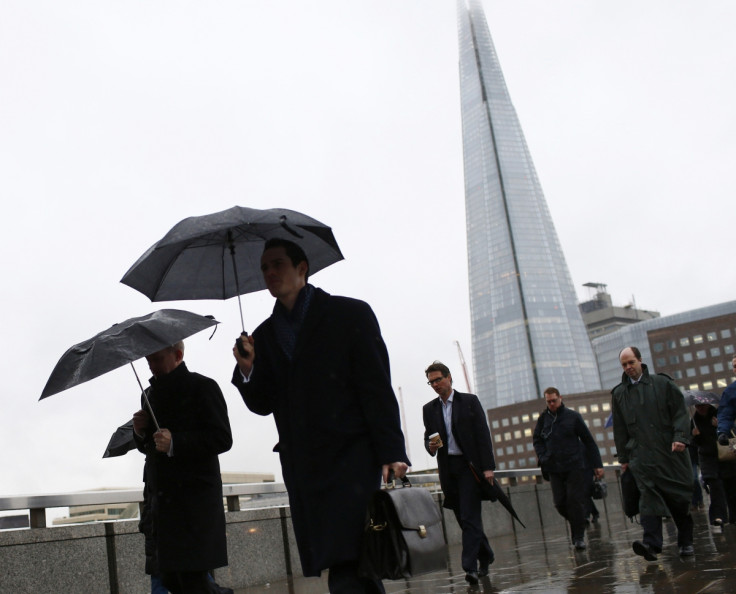Pace of permanent hiring in Britain slows to six-month low in March, REC survey reveals

The number of people placed in permanent jobs in Britain continued to increase during March, but the pace of hiring fell to a six-month low, a survey released on Friday (8 April) showed.
According to the latest report on jobs by Markit and the Recruitment and Employment Confederation (REC) permanent hiring in the UK continued to grow last month, but at the slowest pace since September 2015 amid increasing concerns related to Britain's future within the European Union.
"While we expect jobs growth to continue overall, we are now seeing the effects of current uncertainty in the marketplace on UK employment," said Tom Hadley, the policy director of the representative body for UK recruiters.
"Global economic headwinds plus uncertainty around a possible Brexit make it likely that slower growth in permanent hiring will remain over the next few months as employers take a wait-and-see approach.
Temporary and contract staff billings, however, rose at the sharpest pace in four months, while the report pointed to softer growth of demand for staff. The latest increase in overall vacancy numbers was the least marked since June 2013, the report added, indicating both permanent and temporary staff saw weaker rates of growth.
Availability remains at a premium
Meanwhile, the availability of staff to fill job vacancies declined in April, with the sharper drop was indicated for permanent staff availability, which fell at a slightly faster rate than in February. However, data showed that temporary and contract staff availability fell at the slowest pace in two-and-a-half years.
Starting salaries for people placed in permanent jobs continued to rise in March, at slightly faster pace than in the previous month, while since hourly rates of pay for temporary staff rose at the sharpest pace in three months.
"Temporary hiring is on the up as businesses seek to meet increasing demand while retaining the ability to react quickly to any threats that might be around the corner," added Hadley.
"We have also seen a continuing increase in both starting salaries for permanent positions and hourly rates for temporary employment – a trend likely linked to the introduction of the National Living Wage."
Growth in the North outpaces openings in London
Permanent placements improved in all the four English regions monitored by the report, with the strongest growth registered in the North, while the slowest rise was reported in London. Meanwhile, growth in temporary billings was broad-based across the English regions, with the Midlands posting the sharpest increase.
The REC added the latest data continued to signal stronger demand for staff in the private sector than the public sector, with the sharpest rise overall in March was registered among permanent employees in the private sector.
© Copyright IBTimes 2025. All rights reserved.






















